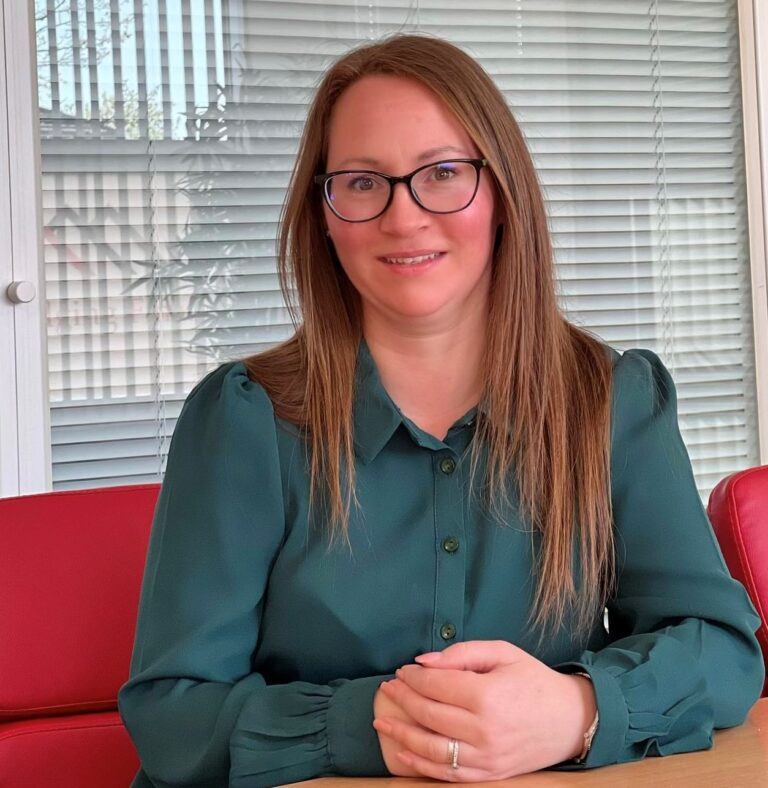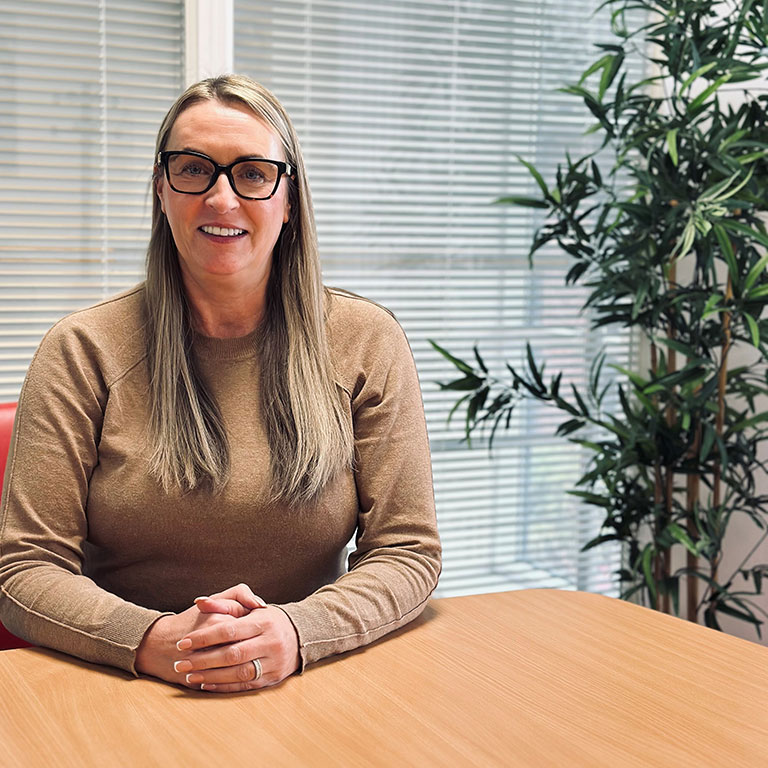Interest-Only Mortgage
Speak to an Expert Advisor
or
Why Choose Us
Why Choose Us
Interest-only mortgages are a distinctive mortgage product that offer unique advantages and potential pitfalls. Whether you’re new to the property market or a seasoned investor, it’s essential to understand how these loans work and how they might fit into your financial plans. In this article, we’ll walk you through the ins and outs of the interest-only mortgage, offering advice rooted in the vast experience we’ve gained as a trusted mortgage advisor in the UK.
What Our Clients Say About Us
Excellent service regular communication. Reassuring staff that help every step of the way and are extremely patient and supportive. I have used them twice and will continue to do so. Natalia and James thank you for all your work.
From supporting me with putting an offer on a house to explaining mortgage rates, income protection, and so much more, Courtney has been exceptional every step of the way. The ability to WhatsApp her with questions and receive timely updates has made the entire process seamless and stress-free.
I’ve already recommended Courtney and Ascot Mortgages to friends, and I wouldn’t hesitate to use her again in the future. If you’re looking for a knowledgeable, supportive, and dedicated mortgage advisor, I highly recommend her!
Recently I’ve been working a lot with Natalia Barry and Matthew Bradburn, who have both been outstanding. Whenever I have a question, they always have the answer immediately or will find it very quickly.
For anyone in search of a friendly, reliable service, Ascot Mortgages are definitely right for you.
Couldn’t thank them both enough for securing my mortgage on what was such a complex case and will 100% be using them in the future.
didn’t expect getting a mortgage and buying a house would be so easy, Tracey and Richard are extremely professional
made the entire process so easy
Deserve more than 5 stars !!!!!!! Alison should be proud 🙏🏼
If you want a clear, down to earth and friendly service, you should give Alison and her team the chance to help you. You won't be dissapointed.
Highly recommended!!
We highly recommend Natalia for mortgage advise
Not only did Natalia navigate the intricacies of the mortgage market with finesse, but they went above and beyond by suggesting other high-quality services, including solicitors and insurance providers. This comprehensive approach is making the entire home-buying journey seamless and stress-free.
Natalia took the time to understand our unique needs and financial situation, ensuring that the options presented were tailored perfectly.
Communication is prompt and clear throughout, leaving us feeling informed and confident at every stage. Natalia had our best interests at heart, going the extra mile to secure a fantastic mortgage deal.
We cannot recommend Ascot Mortgages and Natalia highly enough. If you're in need of mortgage assistance, look no further. With their expertise and dedication to client satisfaction, you're in the best hands possible. A huge thank you to Natalia for making our home-buying experience a dream come true!
In both cases we were treated with the utmost respect and professionalism.
In the case of the life insurance application, we considered ourselves to be problem customers because of our age and numerous health issues.
Richard Johnson, who managed this application couldn't have been more helpful.
He worked in our best interest and was dedicated to providing an excellent service.
We were kept up to date through all of the stages of the application and when our doctors were very slow in producing medical reports for the insurance company he persisted where others might have given up.
The service we had from Richard was pleasant and professional throughout some difficult stages.
My wife and I have no hesitation in recommending Ascot Mortgages.
Highly recommended for those who want to get the stuff done without any delays!
They were consistently communicative, keeping us informed at every step. Their assistance in consolidating our protection cover was invaluable, simplifying what could have been a complex process.
What set them apart was their personal touch – always polite and ready to pick up the phone for a chat. This level of personal engagement is rare and much appreciated.
In short, Natalia and Jason are not just skilled professionals but also truly dedicated to their clients. We highly recommend their services to anyone in need of mortgage advice.
What is an interest only mortgage?
An interest-only mortgage is a type of loan where, for a set term, your monthly payments cover only the interest charged on the amount borrowed. The capital, or the amount you initially borrowed, is not paid off gradually over the mortgage term as it would be with a repayment mortgage. Instead, you repay the capital in full at the end of the term.
This means the total amount you borrow won’t decrease throughout the term – if you borrow £150,000, you’ll still owe this at the end of the mortgage term. The strategy for paying back the capital should be a separate saving or investment plan. Interest-only mortgage rates vary, but as with any mortgage, it’s essential to compare your options before you apply.
The difference between interest-only and repayment mortgages
Repayment mortgages, also known as capital and interest mortgages, are the most common type of mortgage in the UK for residential purchases. With these, your monthly payments are split into two parts: one portion goes towards paying off the interest charged by the lender, and the rest goes towards paying off the capital loan. This means by the end of your term, assuming you’ve met all your payments, you’ll have paid off the loan in full and own the property outright.
In contrast, with an interest-only mortgage, your monthly payments go entirely towards the interest charge. The capital remains untouched, to be repaid at the end of the term. The key difference here is how you plan to repay the capital and what it means for your monthly outgoings.
Mortgage Repayment Calculator
What are the advantages of an interest-only mortgage?
More affordable monthly payments
One primary advantage of an interest-only mortgage is that your monthly payments will be lower compared to a repayment mortgage because you’re only paying the interest charged by the bank or lender. This can free up money for other expenses or investments.
Valuable option for buy-to-let owners
For those investing in buy-to-let properties, interest-only mortgages can be a valuable option. The lower monthly payments can help maintain positive cash flow, while the property’s capital value may increase over the term, providing a means to repay the loan.
You can budget and invest your savings
With an interest-only mortgage, you can potentially budget and invest your savings more effectively. Since your monthly payments are lower, you may choose to invest the difference to generate a return that could contribute towards repaying the capital.
Remortgage
Remortgaging is applied when you keep
living in your present property while applying for another mortgage deal with a new lender. Before finding out how to remortgage and get the best offers from experts like Ascot Mortgages, you have to check meeting what parameters of the deal that can help you succeed the most. The range of background factors varies a lot — from the recently changed loan-to-value ratio or your existing agreement coming to an end.
Whether you are trying to get a more beneficial deal or searching for funding to improve your home conditions, remortgaging is one of the most advantageous scenarios to consider.
What are the disadvantages of an interest-only mortgage?
Can be more expensive overall
While monthly payments on an interest-only mortgage are lower, in the long run, these can be more expensive. As you’re not reducing the capital, you’ll be charged interest on the full loan amount throughout the term, compared to a repayment mortgage where the interest charge decreases over time.
Banks and lenders view it as 'high risk'
Since the capital isn’t being gradually repaid, banks and lenders see interest-only mortgages as high-risk. As a result, they may apply stricter lending criteria, including higher deposits, lower loan-to-value ratios, and proof of a credible repayment plan for the capital.
Risk of shortfalls
There’s also a risk of shortfalls if your investment or saving plan doesn’t generate enough return to repay the capital at the end of the term. If you can’t repay the loan, your property could be at risk of repossession.
What to do if you have an interest-only mortgage
If you have an interest-only mortgage, it’s vital to have a solid plan in place to repay the capital. Regularly review and adjust your plan as needed. If you’re concerned about repaying the capital, consider switching to a repayment mortgage, making overpayments, or extending your mortgage term to give yourself more time.
However, each situation is unique, and it’s important to get professional advice before making any decisions. Here at Ascot Mortgages, we’re more than happy to delve deeper into your personal circumstances and help you find the best option for your financial future. With years of experience advising on all types of mortgages, we’re well-equipped to guide you through the intricacies of interest-only mortgages and help you make the right choice.
Apply for a Mortgage
Get things moving, apply for a remortgage.
Free unbiased mortgage advice is just a phone call away.
FAQ
With an interest-only mortgage, your monthly payments only cover the interest on your loan, and the amount you borrowed must be repaid in full at the end of the term. The repayment of the capital typically comes from the proceeds of an investment product or savings plan that you set up at the outset of the mortgage. This could be an Individual Savings Account (ISA), endowment policy, pension, or other investment. The choice of repayment plan is down to your financial circumstances, risk appetite, and what you feel comfortable with.
If you’re unable to repay the capital at the end of the mortgage term, you should contact your lender as soon as possible. They may allow you to extend the term of the mortgage or switch to a repayment mortgage, although this will increase your monthly payments. If no resolution can be found, you may have to sell the property to repay the loan. It’s crucial to have a realistic repayment plan in place when you take out an interest-only mortgage to avoid this scenario.
It might be possible to increase the term of your interest-only mortgage, but this is at the discretion of the lender and subject to their criteria at the time. Increasing the term of the mortgage will reduce your monthly payments but increase the total amount of interest you pay over the term. You may also need to show that you have a suitable plan in place to repay the capital at the end of the extended term.
Yes, some lenders offer part-and-part mortgages, where part of your mortgage is interest-only and part is on a repayment basis. This means you make monthly payments to cover the interest on the interest-only portion and pay off some of the capital on the repayment portion. At the end of the term, you’ll need to repay the outstanding capital on the interest-only portion from your savings or investment plan. This can be a good option if you can afford to repay some of the capital but want lower monthly payments than a full repayment mortgage. As with all mortgages, the availability of this type of mortgage will depend on the lender’s criteria and your personal circumstances.
Meet Our Team







A simples guide to mortgages
Video
Contact Us
Legal
Ascot Mortgages authorised and regulated by the Financial Conduct Authority and can be found on the FCA register (www.fca.org.uk) under reference 776062. The FCA do not regulate some forms of mortgages. The guidance and advice contained in this website is subject to UK regulatory regime and is therefore restricted to consumers based in the UK. There may be a fee for mortgage advice. The precise amount will depend upon your circumstances but we estimate it will be £599 per mortgage account. Ascot Mortgages Ltd give you the option to pay a non-refundable fee of £1299 payable with the application. If this option is taken, Ascot Mortgages Ltd will refund any procuration fee received by the lender.
Ascot Mortgages Limited is registered in England and Wales and have their registered office at 8 Webster Court, Westbrook, Warrington, WA5 8WD. The company’s registration number is 06764971.
We are a credit broker, not a lender. We work with the whole of the lending market. Typically; we will receive commission that will vary depending on the lender, product, or other permissible factors. The nature any commissions model will be confirmed to you before you proceed.
ICO Registration number is Z1842187
YOUR PROPERTY MAY BE REPOSSESSED IF YOU DO NOT KEEP UP REPAYMENTS ON A MORTGAGE OR ANY DEBT SECURED ON ITtypically; we will receive commission
©2025 AscotMortgages.co.uk – All Rights Reserved









